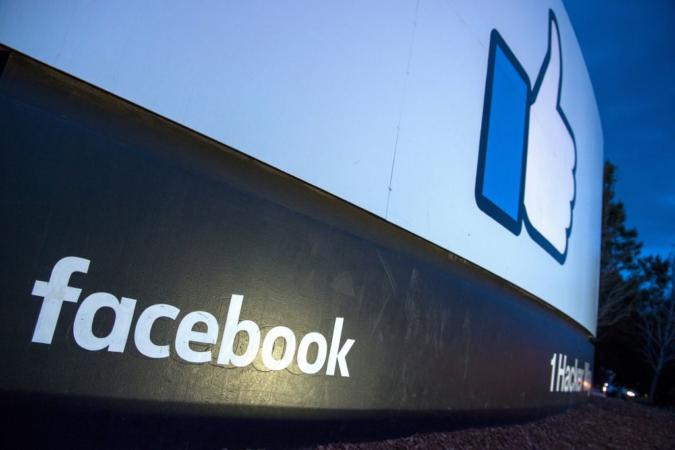Facebook has a long checklist of things to fix when it comes to bots, discriminatory advertising, and hate speech on its website. As the company works to solve these issues, it may have a blind spot for handling inappropriate behaviors in its workplace.
“We cannot afford to be vulnerable externally because Facebook has made us a vulnerable target internally,” a group of anonymous Black Facebook employees said a Medium post.
The group detailed various examples of managerial disrespect, micro and macro aggressions, and online racism within the company.
“While eating breakfast, two white employees asked me to clean up after their mess. I am a program manager,” one employee said. “I told my manager about the incident. She told me I need to dress more professionally.”
Incidents range from employees being overlooked for promotions and negatively targeted in peer reviews to gaslighting tactics from managers and peers.
“Racism, discrimination, bias, and aggression do not come from the big moments,” the group said. “It’s in the small actions that mount up over time and build into a culture where we are only meant to be seen as quotas, but never heard, never acknowledged, never recognized, and never accepted.”
The group echoed the sentiments of Mark Luckie, the former Strategic Partner Manager for Global Influencers Focused on Underrepresented Voices, who last year released a memo highlighting the microaggressions that Black workers often deal with at Facebook.
Luckie mentioned that Facebook creates a facade of an inclusive space and that racism was rampant in its offices last year.
“To feel like an oddity at your own place of employment because of the color of your skin while passing posters reminding you to be your authentic self feels in itself inauthentic,” Luckie said in the memo.
Since Luckie’s departure, other Black Facebook managers have taken steps to speak out against the company. In January, former Facebook engineering manager Sophie Alpert announced she was leaving the company after getting harassed for speaking out about the lack of diversity.
“I want to spend my time at a place willing to push further on diversity and inclusion. One where it’s not OK to write on Workplace that white privilege doesn’t exist,” Alpert wrote in a series of tweets in January. “One where if I call out that our board has too many white men, I don’t get harassed by other employees on Blind with transphobic messages saying I should be fired.”
Facebook responded to Luckie and Alpert’s claims by saying that the company does not tolerate discrimination.
Facebook has often been criticized for the visceral hate that thrives on the platform and has taken steps to ramp up its content moderation teams, but its hiring practices usually get grouped into the broader diversity issues of Silicon Valley.
Facebook, like other public Big Tech companies, releases an annual diversity report detailing the percentage of women and minority workers that are in the company. According to its most recent report, Black people only make up 3.8 percent of Facebook’s employees. The significant lack of representation in the company ties into Facebook’s culture.

